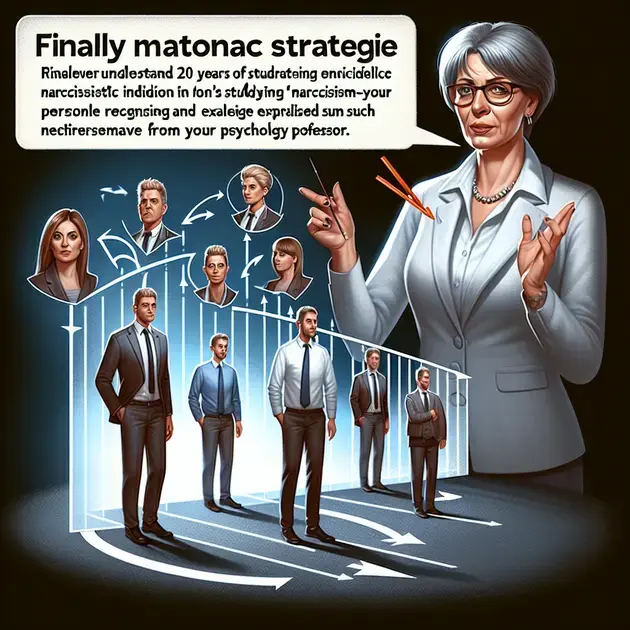“`html
The Therapeutic Role of Music in Alleviating Distress in Individuals with Advanced Dementia
Recent research has shed light on a captivating aspect of human experience: the profound impact of music on those suffering from advanced dementia. For the first time, a study has successfully elucidated both the mechanisms and reasons behind music’s ability to reduce distress and agitation in these individuals.
The study conducted comprehensive interviews with staff and music therapists working in inpatient mental health dementia wards. Through these discussions, the researchers aimed to gather insights into the daily challenges faced by care providers and the therapeutic strategies they employ. The findings highlight the invaluable role that music plays in enhancing the quality of life for patients with dementia, who often struggle with feelings of confusion and anxiety.
In addition to qualitative interviews, the research team conducted an extensive review of existing literature on the subject. This exploration revealed a growing body of evidence supporting the idea that music therapy can be an effective intervention for managing symptoms of distress in dementia patients. Music has the unique ability to evoke emotions and memories, providing a sense of familiarity and comfort in an otherwise disorienting world.
Furthermore, a national survey of healthcare professionals across the UK served to reinforce the study’s findings. Responses indicated a general consensus on the benefits of incorporating music into treatment plans for individuals with dementia. Many professionals noted that music could create a serene environment, promote social interaction, and facilitate communication in patients who may struggle with verbal expression.
The mechanisms behind music’s efficacy in reducing agitation and distress in advanced dementia are multi-faceted. Firstly, music can stimulate areas of the brain associated with memory and emotion, often accessing long-forgotten memories and feelings. This connection can lead to a greater sense of identity and awareness for patients who may feel lost in their current reality.
Moreover, the rhythmic and melodic elements of music have therapeutic properties that can help regulate mood and reduce anxiety levels. Caregivers and therapists have reported that engaging patients through music can create a calming atmosphere, allowing for moments of joy and connection where words often fail.
“`
